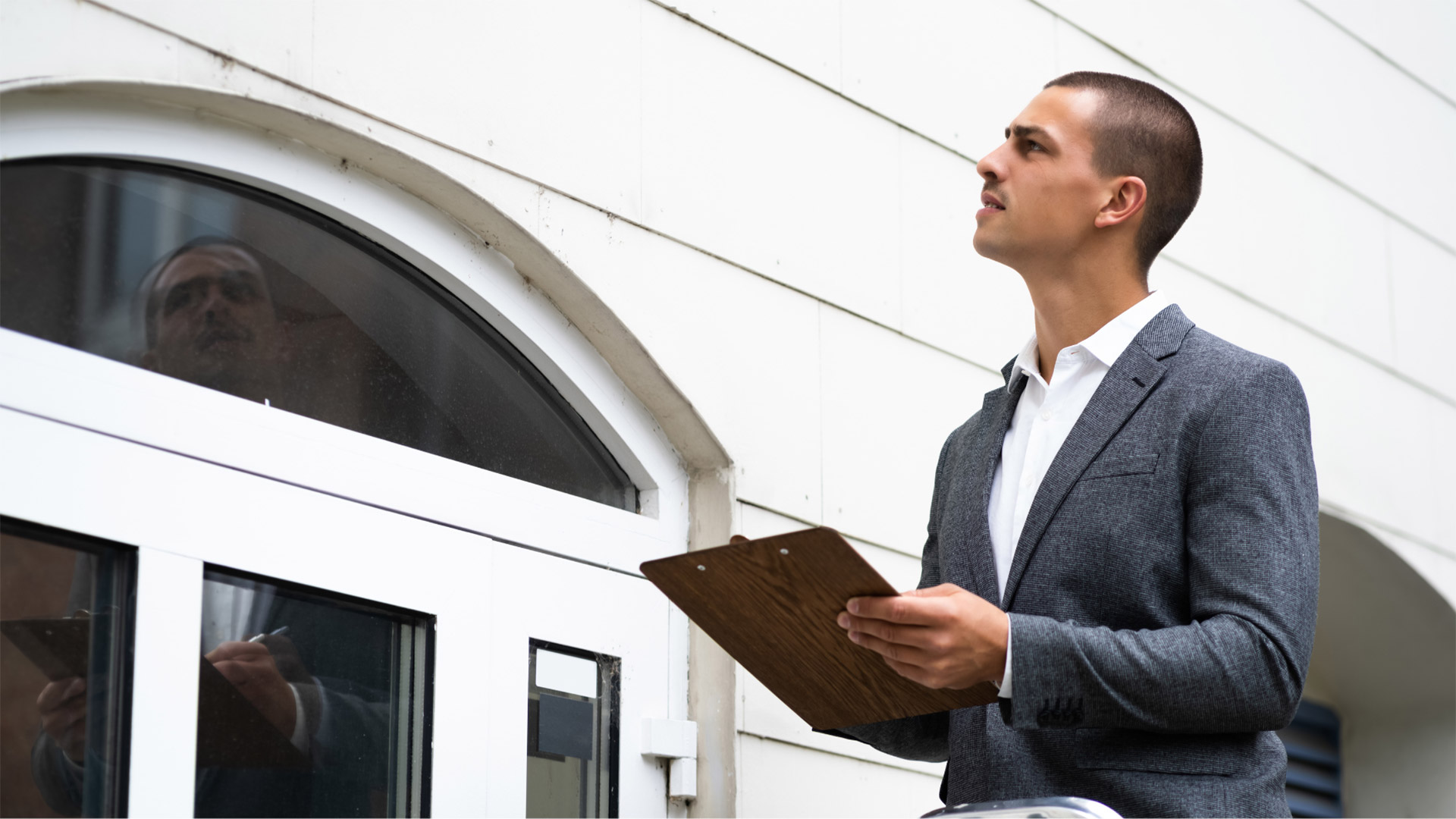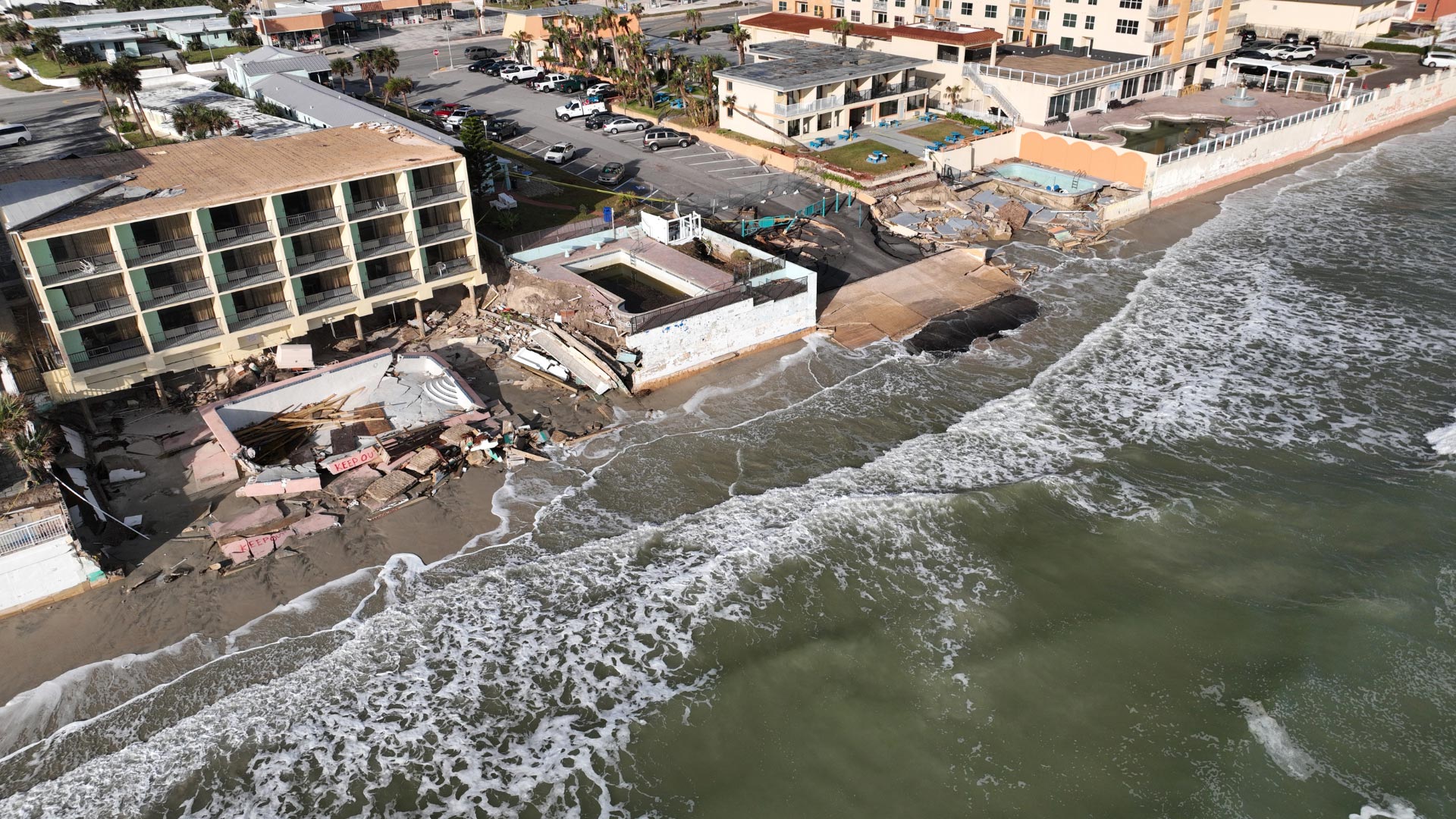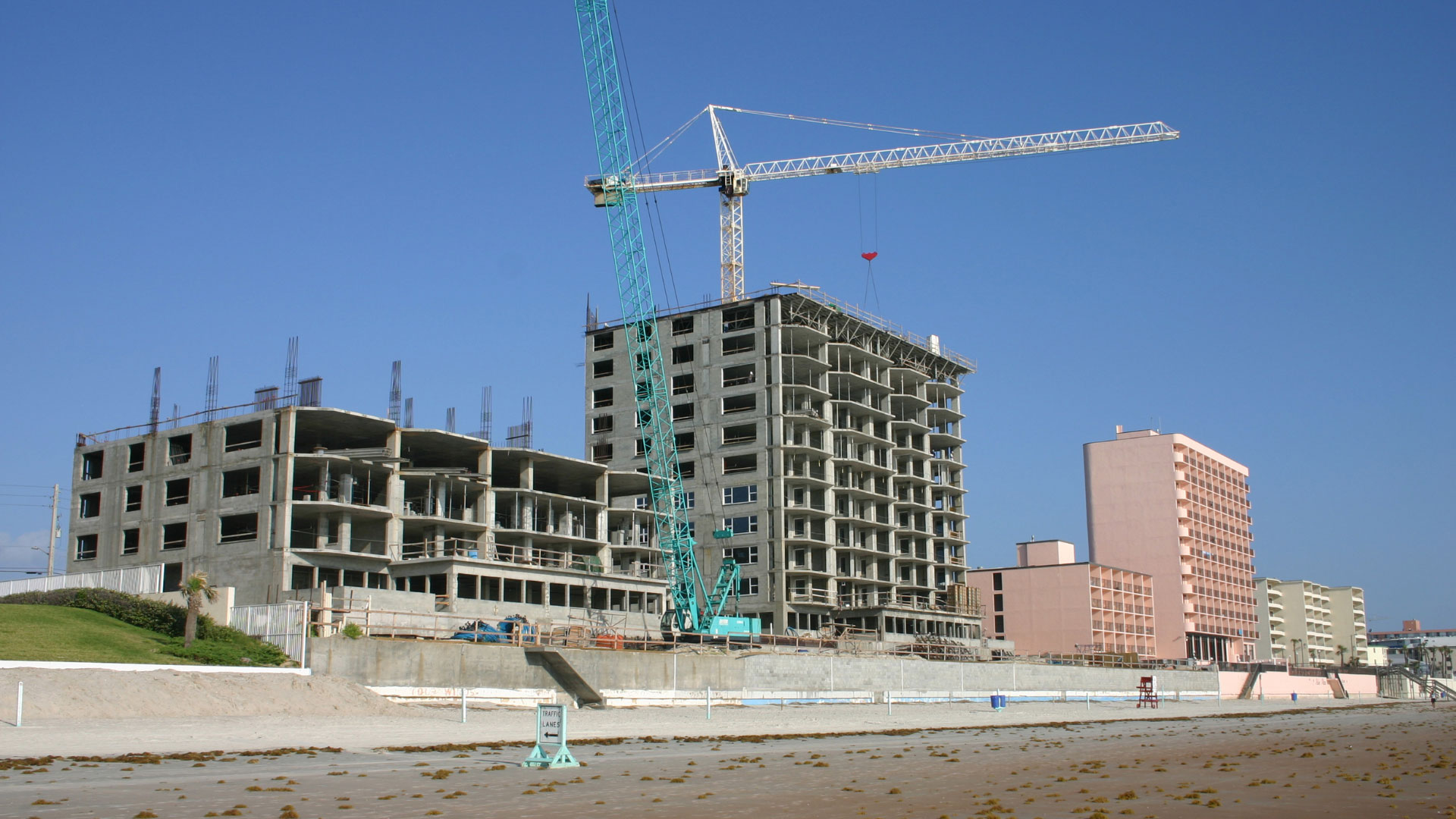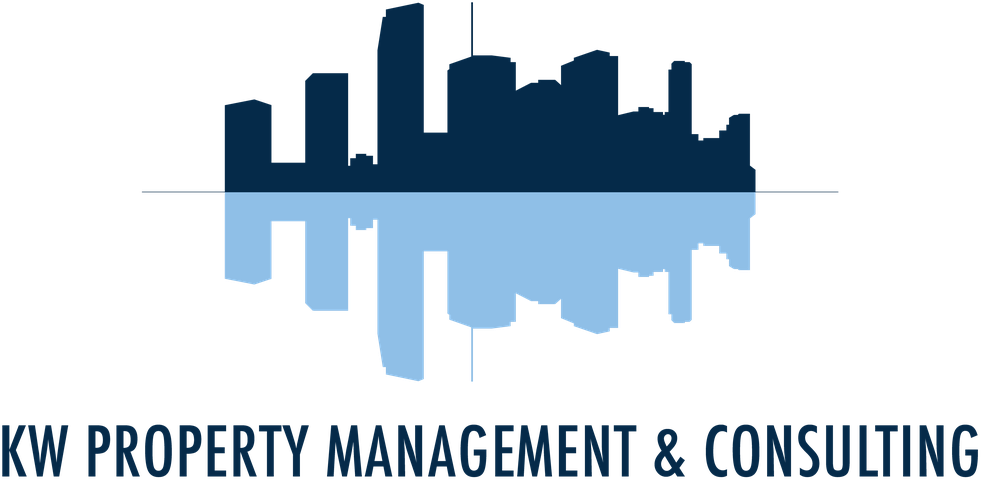Blog
Blog

Why Preventative Maintenance Is One of the Most Valuable Investments a Florida Association Can Make
Introduction: Why Preventative Maintenance in Florida Can’t Be Ignored In Florida’s hot, humid, and hurricane-prone environment, preventative maintenance in Florida isn’t just the best practice it’s a critical function for community associations. Condominium and homeowners’ associations (HOAs) must proactively care for their buildings, common areas, and infrastructure to avoid costly surprises and legal headaches. Delaying maintenance might seem like a cost-saving strategy but in Florida, neglect quickly leads to damage. From salt air erosion to mold growth and roof deterioration, the Sunshine State’s conditions are harsh. That’s why more associations are asking, what are preventative maintenance inspections and how can they help us stay ahead? This guide walks through the essential components of a successful preventative maintenance program tailored to Florida, including practical strategies, legal compliance tips, and key reasons why it’s one of the smartest investments a board can make. Key Takeaways: What Every Florida Association Needs to Know

Is Property Management a Secure Career Path in Florida
Introduction: What Are Property Management Jobs? What are property management jobs? If you’ve ever wondered what goes on behind the scenes in your condo or homeowners’ association, you’ve already brushed up against this important question. Property management professionals are the unsung heroes keeping communities running smoothly. They handle maintenance, enforce rules, communicate with residents, manage budgets, and much more. With Florida’s housing market continuing to expand and shift, many are asking, Is property management a stable and lucrative career? The answer is a resounding yes. Especially in states like Florida, where HOA and condo-governed communities are booming, the demand for qualified professionals is rising rapidly. In this blog, we’ll explore expert advice, practical takeaways, and actionable strategies from industry leaders, all centered around the key question: What are property management jobs? Key Takeaways Property management is recession resilient. Unlike real estate sales, it’s not tied to market cycles. CAM licensing

Brace for Impact
Hurricane Condo Damage: Expert Strategies for Recovery and Preparedness Hurricane condo damage has long-term implications beyond immediate repairs. Associations must prioritize disaster readiness, vendor agreements, and insurance reviews. Technology—drones, cloud storage, communication tools—is revolutionizing disaster recovery. Annual hurricane planning and drills are crucial for resident safety and board readiness. Case studies from recent storms emphasize the importance of early vendor engagement and updated insurance policies. Key Takeaways from the Webinar When hurricane season strikes, Florida’s condo communities face high risks—hurricane condo damage can be devastating, both physically and financially. That’s why proactive disaster preparedness and expert-led recovery strategies are essential. In a recent KW Property Management & Consulting (KWPMC) webinar, industry leaders shared insights into minimizing storm impact and accelerating post-disaster recovery. With a special focus on high-rise condos and HOAs, this post outlines key actions for managing hurricane damage in condo buildings. Why Preparedness Matters for Condo Associations Experts

Mastering Contract Negotiations
Building a Smarter Vendor Selection Framework Key Takeaways Negotiate with Purpose – Not every contract needs negotiation. Learn when it’s necessary. Build Relationships, Not Opponents – A win-win mindset keeps vendors invested in your community’s success. Ask the Right Questions – Strategic inquiries can defuse tension and lead to practical solutions. Be Transparent with Residents – Your board of directors gain trust when decisions are explained clearly. Plan for the Unexpected – A well-negotiated contract can protect your community in crisis. Watch the Webinar – Disaster Recovery & Contracting Essentials on YouTube Mastering the Art of Negotiations for Associations and Board Members Contract Strategies Every HOA Board and Property Manager Should Know In property management and homeowner associations (HOAs), contracts are common. They cover everything from landscaping to roofing, especially disaster recovery. But surprisingly, people often underutilize or mishandle negotiation. This article will help the board of directors and

Getting your projects in shape
Navigating Construction Property Management in Florida: Key Insights Key Takeaways: Financial Stability: Prioritize financial stability to maintain property values. This involves creating a comprehensive financial plan that accounts for both short-term and long-term needs. Budgeting: Start early and focus on top expenses. Early budgeting allows managers to allocate resources effectively and avoid last-minute financial scrambles. Property Assessment: Regularly assess property needs for accurate budgeting. Conducting thorough property assessments ensures that budgets reflect actual maintenance and improvement needs. Reserve Studies: Update reserve studies annually to reflect current economic conditions and inflation rates. Fully funded reserves act as a financial safety net, protecting projects from unexpected costs. Legislative Compliance: Stay informed about new laws and regulations, particularly those related to Structural Integrity Reserve Studies (SIRS), to ensure compliance and avoid potential penalties. Investment Strategies: Differentiate between operating and reserve funds, and invest reserve funds wisely to enhance financial stability. Introduction: In a
